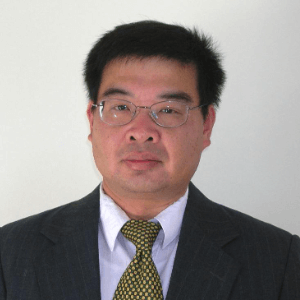Abstract:
The protein diversity of mammalian cells is determined by arrays of isoforms from genes. Genetic mutation is essential in species evolution and cancer development. Accurate Long-read transcriptome sequencing at single-cell level is required to decipher the spectrum of protein expressions in mammalian organisms. In this report, we developed a synthetic long-read single-cell sequencing technology based on LOOPseq technique. We applied this technology to analyze 447 transcriptomes of hepatocellular carcinoma (HCC) and benign liver from an individual. Through Uniform Manifold Approximation and Projection (UMAP) analysis, we identified a panel of mutation mRNA isoforms highly specific to HCC cells. The evolution pathways that led to the hyper-mutation clusters in single human leukocyte antigen (HLA) molecules were identified. Novel fusion transcripts were detected. The combination of gene expressions, fusion gene transcripts, and mutation gene expressions significantly improved the classification of liver cancer cells versus benign hepatocytes. In conclusion, LOOPseq single-cell technology may hold promise to provide a new level of precision analysis on the mammalian transcriptome.
Audience Take Away Notes:
- Mutation is the fundamental cause of human liver cancer
- Mutations evolve from a single nucleotide alteration of specific region in the HLA molecules and expanded to spread to other regions of the same alleles
- Hypermutation clusters are readily identified in HLA molecules that may be essential for cancer cells to evade immune surveillance




